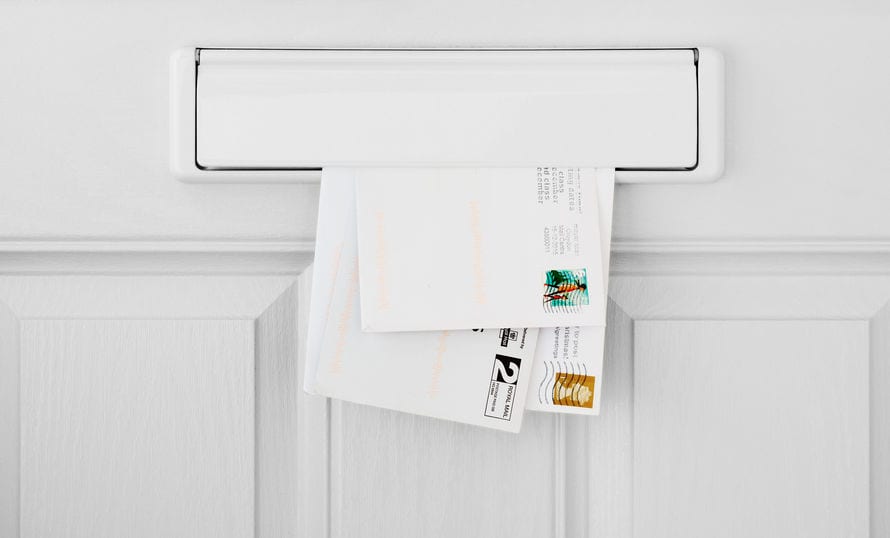The IRS sends an LT11 notice when you have unpaid taxes and they plan to seize your property or right to property to settle your tax debt. IRS notice LT11 typically comes after one or more earlier IRS balance due notices were sent but not responded to.
These other IRS notices can include CP14, CP501, CP503, CP504, CP90 and more.
When you receive an IRS LT11 notice you will need to take action to avoid collection efforts, like the seizing of your property and/or your earnings. Even if you can’t pay the full amount you owe the IRS, there are Fresh Start Program tax relief options to avoid levies, liens and garnishment. The worst thing you can do is ignore the LTT11 notice and hope your IRS debt goes away, because it will not — it will only get worse.
Here are the answers to the most asked LT11 notice questions.
What Is an IRS LT11 Notice?
An IRS LT11 notice is also known as a Final Notice of Intent to Levy. The IRS sends an LT11 notice to inform you that because of your tax debt and your failure to respond to previous notices, it plans to begin more aggressive collection efforts that can include levying your assets, garnishing your wages, or placing a federal tax lien on your personal property.
The IRS has many options when it comes to the types of property in can levy. Assets that could be vulnerable to an IRS levy or lien include your wages, bank account, retirement funds, real estate (including your personal residence) and business assets.
How Much Time Do I Have to Pay the Balance Due or Contact the IRS About My LT11 Notice?
You have 30 days to pay your tax debt or contact the IRS to pursue an alternative course, such as filing a dispute, submitting an Offer in Compromise, or setting up an installment agreement.
The LT11 notice will contain a due date. Make sure to take note of that date rather than assuming you have 30 days from when you received the LT11 notice, as mail delays can eat into that time. If you fail to respond to the LT11 notice by the due date, the IRS can start issuing levies immediately.
What Will the IRS Do If I Ignore My LT11 Notice and Don’t Pay My Full Tax Debt?
If you ignore your LT11 notice and do not pay your full tax debt, the IRS will levy your assets, place liens on your personal property, or garnish your wages — or any combination of the three. This will create a bigger and more expensive tax problem than the one you currently have, so it is important to avoid it by taking the LT11 notice seriously.
What Should I Do If I Don’t Have Money to Pay the Balance Due in My LT11 Notice?
If you do not have the money to pay your balance due in the LT11 notice, you have a few different tax relief services options to help with back taxes. If you are facing a serious financial hardship, you might qualify for an Offer in Compromise (OIC), which allows you to pay off your tax debt for less than the total amount you owe the IRS. Even if you do not qualify for an OIC, the IRS offers payment plans/installment agreements, where you make monthly payments to settle your tax debt. There’s even Currently Not Collectible status to temporarily delay collections if you are unable to make any payments.
Questions about these options? Schedule a free evaluation.
Can I Appeal an LT11 Notice?
If you believe the IRS is wrong about your tax debt, you can appeal an LT11 notice, but you must begin the process before the LT11 notice due date passes. To do so, call the toll-free number listed in the top right corner of the LT11 to reach an IRS representative who can help you request a Collection Due Process hearing. This is also known as a CDP hearing.
Is IRS Letter 1058 the Same as an LT11 Notice?
IRS Letter 1058 and an LT11 notice are effectively the same. Both serve as final notice of intent to levy for an unpaid tax debt. If you fail to respond to either one, the IRS will move forward with a levy.
How Can Wiztax Help?
The key is to get started. Ignoring these notices makes everything more complicated. Call us today at (866) 568-4593 to learn more about how we can help, or start here to take our free online evaluation. Regardless, we promise to save you thousands in fees.
6 Simple Questions. Free Evaluation.
Join our Newsletter
Enter your email address to join our free newsletter. Get all the latest news and updates.

